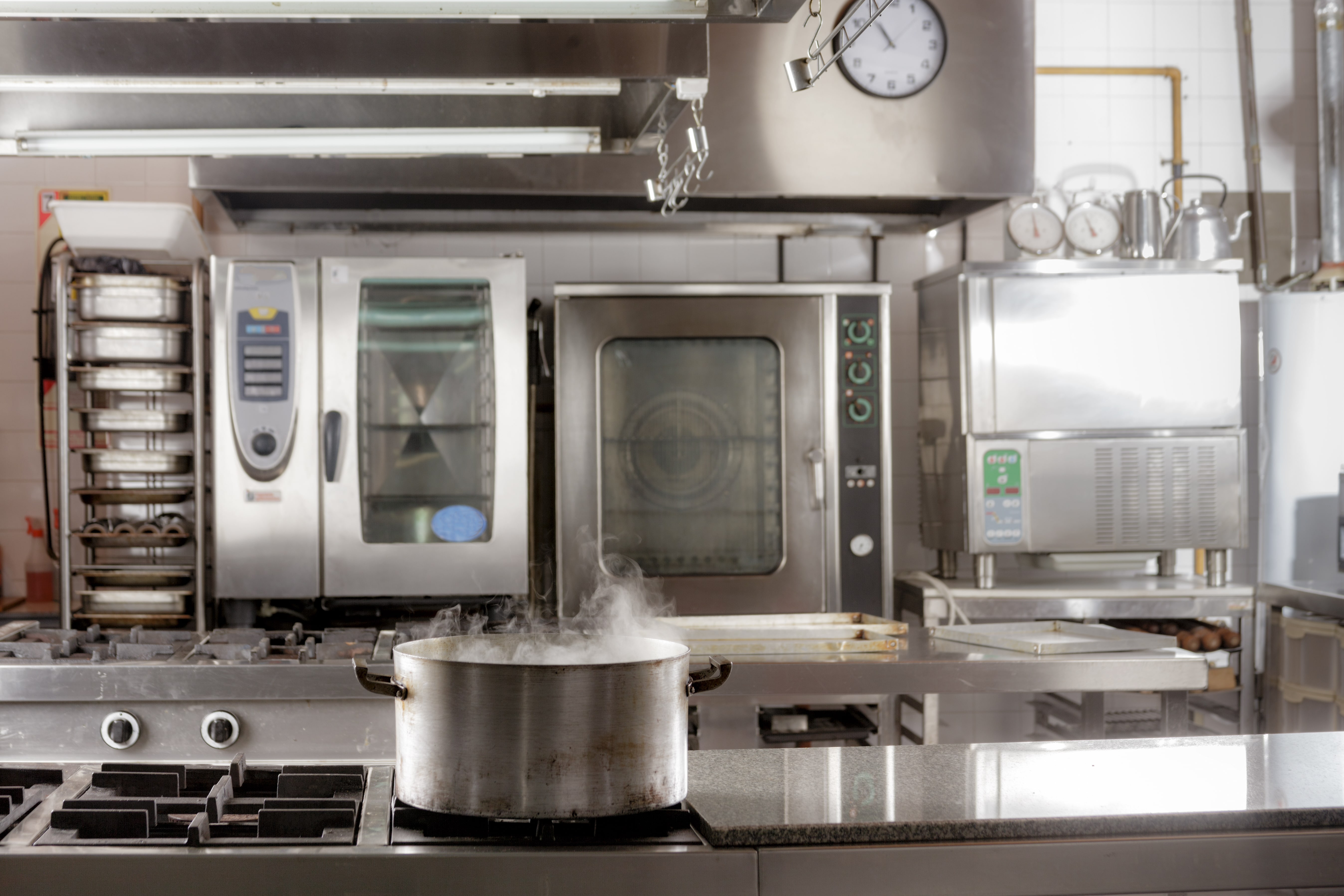
Tell us about the origins of Foodstars.
We started the company at the end of 2015, with just three commercial kitchens that we built in Bethnal Green [London, UK]. Today we have approximately 50 commercial kitchens.
What was the inspiration behind the company’s launch and expansion?
The business started because two of the founders have food businesses, and one of us rented a commercial kitchen off the other. We very quickly realised there was a lack of supply of decent production kitchens for food and drink companies. And we realised there was a load of innovative young creative startup style food and drink companies that needed a space. We understood that because of technology you could sell food from anywhere, providing a smartphone and an app can connect the consumer with retailers.
What are your plans for future growth?
We’ve just expanded in the last three or four months to 30,000 square feet across four locations in London. We’ve got about 20,000 square feet of that in East London around the city fringe in Shoreditch and Bethnal Green. We’ll be looking at servicing the West End better next year, somewhere in West or South West London.
Foodstars is a London-based company. Do you have other targets further afield or are you content in the capital?
One reason our service is very desirable across the food community is because property is very hard to get hold of in London. The supply of commercial kitchens is limited and the quality is pretty low if you can find anything. That’s why what we do works in London, because you can’t just go and take an industrial warehouse if you need a kitchen – that sort of property just doesn’t exist.
The second reason is that we always said this business would work in a city with a mature food ecosystem where technology is at the forefront. So we don’t want to reveal too much but we’ve got a plan. There is an ambition to move away from London.
What are the advantages of renting a commercial kitchen as opposed to owning one?
One of the most valued things we provide is flexibility. Food and drink businesses are always evolving. As everyone knows in the food and drink sector, the failure rate is high. Businesses can rent a commercial kitchen for three months, and if it doesn’t work they can walk away with no major investment costs down the drain. If they’re here for 6-8 months and they grow they can move to a larger kitchen. We don’t just offer one kitchen, we have guys who have multiple kitchens or move to a larger kitchen.
Secondly, we operate from really key locations in London. In East London we are five minutes away from the core of the City. In Vauxhall we’re a couple of minutes away from the West End.
What sort of businesses gravitate towards your renting model?
It’s so diverse. At first we were attracting startups and early stage businesses. Now one of our clients is a major public foodservice company. We have one of the largest catering companies in the UK renting kitchens from us and major restaurant groups with multiple units to centralise production. We still have the early stage companies but it’s a melting pot, from across all sections of the industry. Caterers, restaurants, retailers – some of the larger companies use our kitchens for research.
What do you make of operators like Deliveroo Editions, opening so-called “dark kitchens”?
They’re not really competition because they specialise in food delivery. Their aim is to develop the food delivery sector and dominate it against rival technology companies. Our business isn’t really big in the on-demand delivery sector. We have a very small number of businesses working from here who offer an on demand solution, but we’re conscious to stay away from that as we don’t know what the state of food delivery is going to be in the next few years.
Who are the key competitors in the rented kitchen sector and what makes Foodstars distinct?
Our competition is independent operators trying to rent their kitchens out on the side to make some extra money. Maybe a coffee shop closing at 6pm will open their kitchen until midnight to earn some extra income. We would argue they’re not a professional business. We have on site maintenance, a community manager, 24-hour security and professional workspaces. It might cost a little bit more than the guy who runs the coffee shop on the high street but you’re paying for the premium.
With the foodservice industry evolving all the time, do you see unattached commercial kitchens as a passing phenomenon or one that’s here to stay?
Without question food delivery is really hot. Going back a few years, street food was really hot in London as well. There are more and more innovative concepts coming forward outside having a traditional restaurant. More often than not you need somewhere to prepare food from – a hygienic professional space. So I think our business is durable – with the help of technology and innovation from creatives in street food and similar sectors, it gives us a business because we’re a function of the whole process.
What sort of technology are foodservice companies like yours leveraging to distinguish yourselves in the industry?
We don’t really have any technology ourselves – we’re piggybacking. Our operators in corporate catering would use a third party to get access to their clients, giving our catering companies an order of 100 canapés on a Monday morning for a breakfast meeting, for example. Another is online groceries. The obvious example coming to market is Amazon. These are the sorts of things you’ll be seeing more of – independent brands selling on the likes of Amazon and other shopping websites. Technology really helps to grow our business.
Any big names or trends to look out for among Foodstars companies?
I can’t say because I can’t be biased! But there are a few here that are great. I’ve been to lots of restaurants and cafes and tried our members’ products and the standard is really high. The innovation, especially among some of our younger businesses, really impresses us.
For more information about Foodstars, visit their website.
Thomas Lawrence




